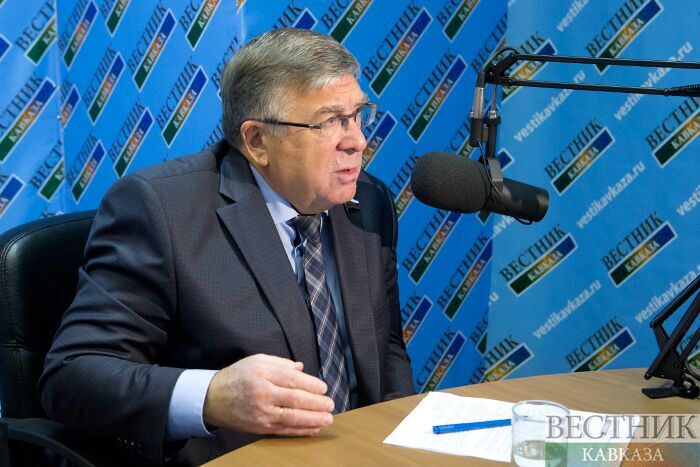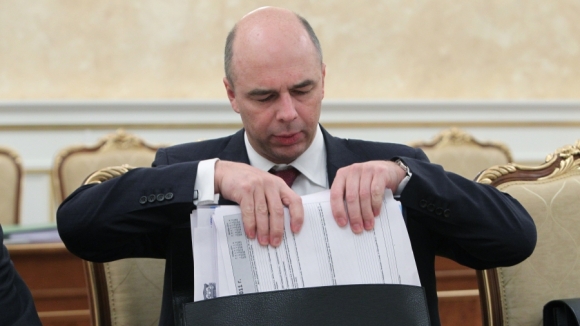Russians' attitude towards the results of 2016 is more positive than in 2015, according to the latest VCIOM research. 52% of respondents said that the year was "good" or "lucky" for them and their families, and 47% said that difficulties rather prevailed in their lives or that the year was very difficult. About a quarter of respondents believe that 2017 will be a good year (27% - for them personally, 24% - for the whole country).
The head of the Council of the Federation Committee for Social Policy, Valery Ryazansky, believes that in spite of the difficulties encountered with the filling of the budget, the government policy in the social sphere has not changed in 2016: "We have fulfilled obligations to the social sphere virtually in all respects, first of all, in the implementation of the road map to increase wages of public sector employees. In the end of the year we managed to decide on a form of material compensation for losses from an incomplete indexation of pensions this year for pensioners, including retired military personnel. All the planned social benefits have been indexed. We are planning a budget for not a year, but for three years. This suggests more predicted developments in the social sphere. "

"We have been working on three big budgets: the Mandatory Health Insurance Fund, the Pension Fund and the Social Insurance Fund. The changes which we have laid in the legislation were considered in the budget process. For example, the cost of high-tech medicine will be directly financed from the Fund's budget, rather than from the federal budget, as it was before. There was such a complicated scheme. Money were transferred to the budget, from the budget they were transferred to regional budgets in the form of subsidies, and from the regional budgets to the respective territorial funds. Such a long chain. We overcame this formal threshold, made the necessary changes in the budget legislation," Ryazansky said.
According to him, the issue of returning the fund money into the state budget was resolved: "We will not return the money from the Compulsory Health Insurance Fund to the state budget. These funds will be used to increase salaries of health workers".

Meanwhile, recently it became known that the Russian authorities have postponed the introduction of a new system of voluntary pension savings for a year - until 2019. As the Finance Minister Anton Siluanov said, "we are talking about the need to solve such long-term challenges as the presence of long resources. They will be implemented through a voluntary transition to a voluntary pension savings system. We prepared a number of decisions in this regard. According to our estimates, the system should start its work together with the new tax system since 2019."
According to Valery Ryazansky, "the issue of the suspension of the stocking component until 2019 was accounted. The budget of the Pension Fund was formed with all the needed requirements. There were no special changes. The indexation of pensions will be carry out since February on a full scale. The budget was formed, according to the whole level of inflation, which is projected at 5.8-5.9%, all of the obligations were laid down in the budget and will be executed. We plan to implement all these options during 2017. Averages pensions and average minimum wages will be formed in accordance with the budget process".

In addition, according to the head of the Council of the Federation Committee for Social Policy, it is necessary to find the means, methods and techniques to help the demographic situation: "It includes the development of appropriate health care methods to help infertile families, a decline in the number of abortions, the improvement of the quality and duration of life, a competent migration regulation, a reduction of the child mortality rate. "






